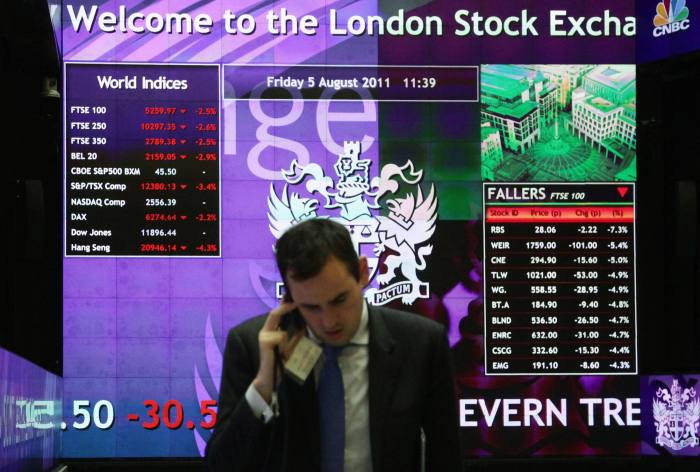
In the context of ongoing Brexit uncertainty, outflows from UK equity funds reached £1.2bn in May, data from the Investment Association revealed.
Data from the Investment Association shows that a total of £9.1bn has been withdrawn from UK focused funds since the Brexit vote, which happened almost exactly two years ago.
There was a general shift in sentiment away from equity funds, with an 81 per cent decline in the flows to equity funds between April and May.
The sectors of the equity market most in favour with investors in May were global equity funds, Japan funds, and North America funds.
Global equity funds attracted inflows of £460m during May, higher than the 12-month average for the past year of £397m a month being invested into this sector.
In contrast, the prospect of higher inflation and rising interest rates does not seem to have dissuaded investors from buying bond funds.
Region | Net retail sales in May 2018 | Average net retail sales for previous 12 months |
Global | £460 million | £397 million |
North America | £211 million | £129 million |
Japan | £141 million | £171 million |
Asia | £70 million | £104 million |
Europe | -£88 million | £296 million |
UK | -£1.2 billion | -£382 million |
A total of £361m was committed to bond funds in May, while the strategic bond fund sector, where the fund managers have the greatest flexibility in terms of what assets they buy, attracted £168m of new capital.
Alastair Wainwright, fund market specialist of the Investment Association, said: "UK equities have been unpopular with UK investors since the beginning of January 2016, however outflows increased following the Brexit referendum result.
"However, UK equities are not necessarily reflective of the UK economy given the high number of firms with international revenue bases listed in London.
"In May we also saw outflows from the sterling corporate bond and high yield bond sectors, but inflows into the sterling strategic bond sector increased.
"Within the strategic bond sector there were higher flows into funds with a global investment strategy, and lower inflows into funds with high UK exposure.
"May also saw the resurfacing of Targeted Absolute Return as the best-selling sector. This signals caution amongst investors as they look to insulate themselves from market movements in the traditional equity and fixed income markets."
Minesh Patel, an adviser at the firm of EA Solutions in London, said he tends to prefer to invest in strategic bond funds right now because the severe market uncertainty means the flexibility they offer is attractive.
The best selling IA sector of the month was Absolute Return with £515m of inflows.
This is the first time in more than a year that the sector has been the best seller.
Investment Association Sector | Ranking in May 2018 | Net retail sales in May 2018 | Ranking in April 2018 | Net retail sales in April 2018 | Asset Class |
| |||||
Targeted Absolute Return | 1 | £516 million | 35 | -£132 million
| Other |
Global | 2 | £347 million | 1 | £586 million | Equity |
Mixed Investment 40-85% Shares | 3 | £192 million | 3 | £346 million | Mixed Asset |
North America | 4 | £172 million | 2 | £446 million | Equity |
£ Strategic Bond | 5 | £168 million | 16 | £29 million | Fixed Income |
Ben Seager-Scott, chief investment strategist at Tilney, said: "We use Absolute Return quite a lot and I think they have their place, but you have to be selective.
"There are some good funds out there, but a lot that simply don’t deliver. And its important to remember they are not an asset class so much as a collection of strategies, though similar strategies will obviously tend to have greater correlation so you need to be careful in your portfolio construction.





